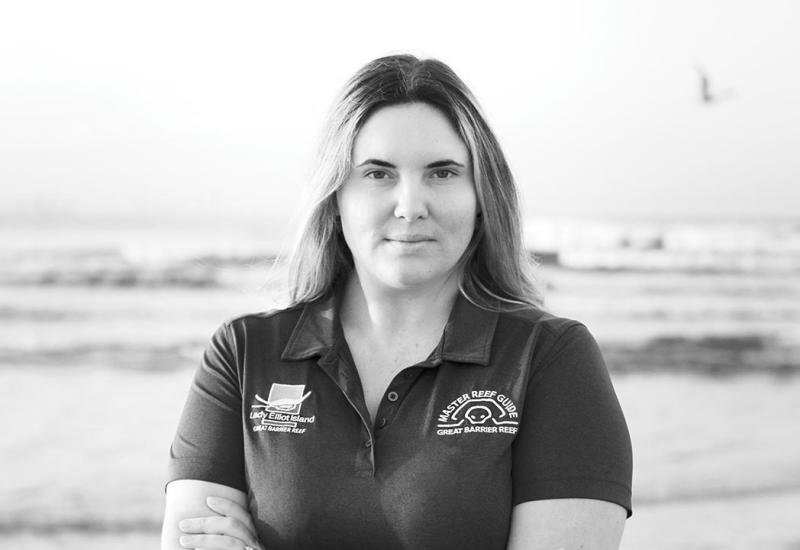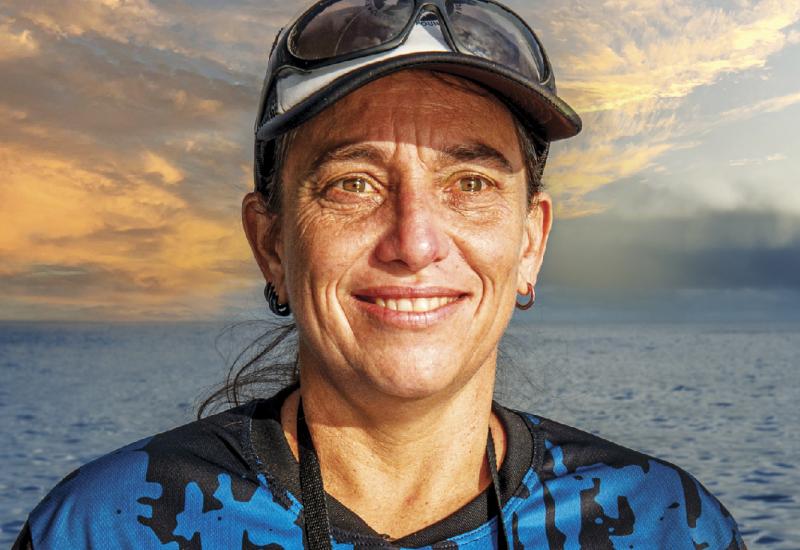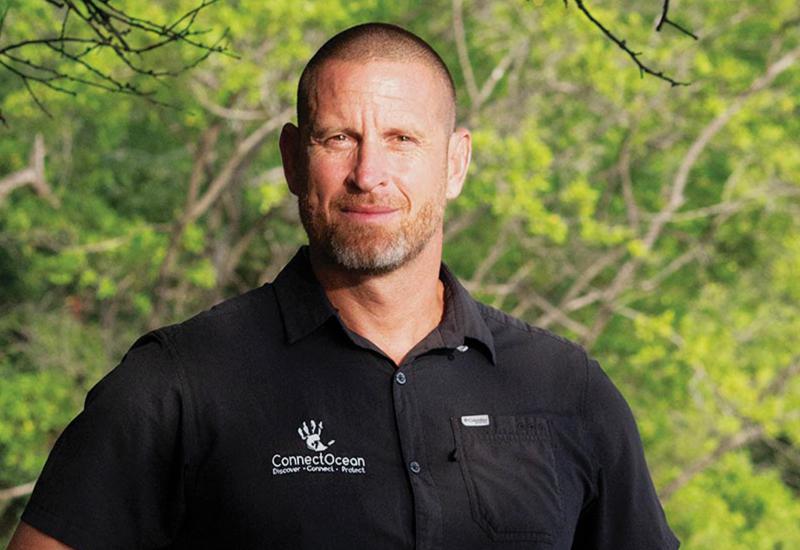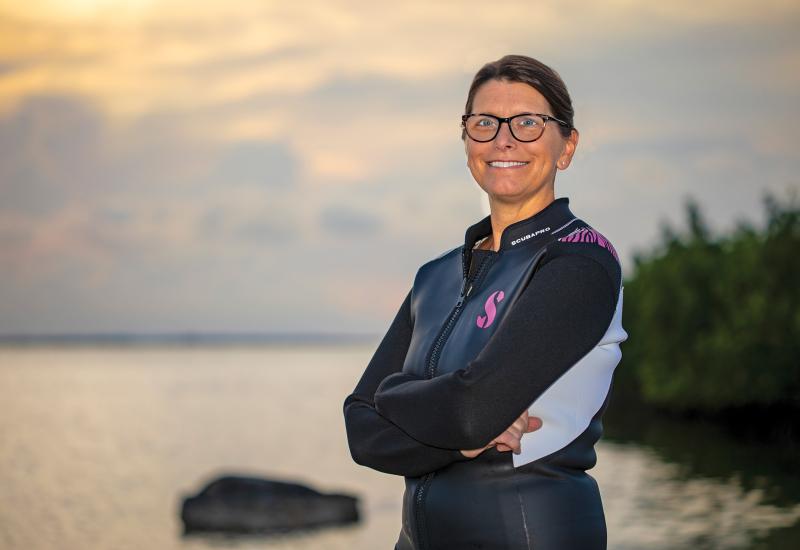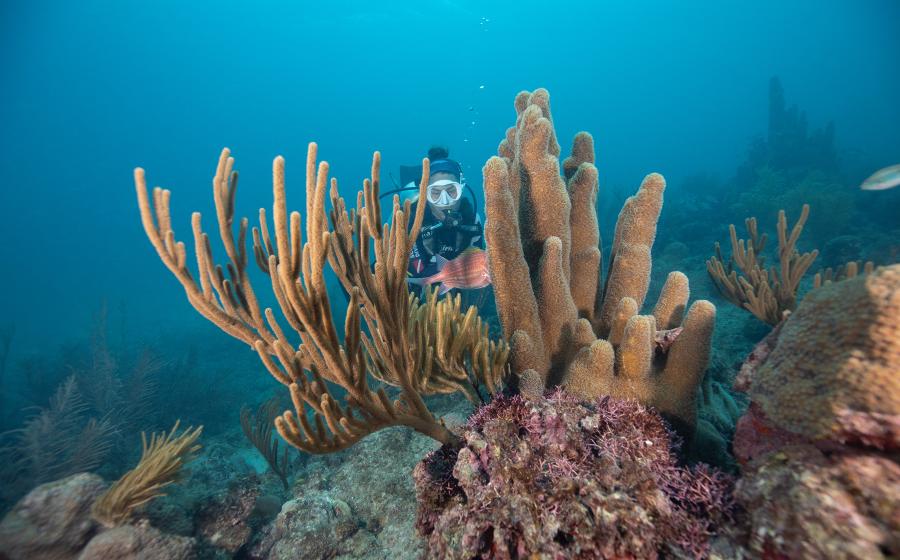Conservationist and Retired U.S. Navy Diver Les Burke Named May '25 Sea Hero
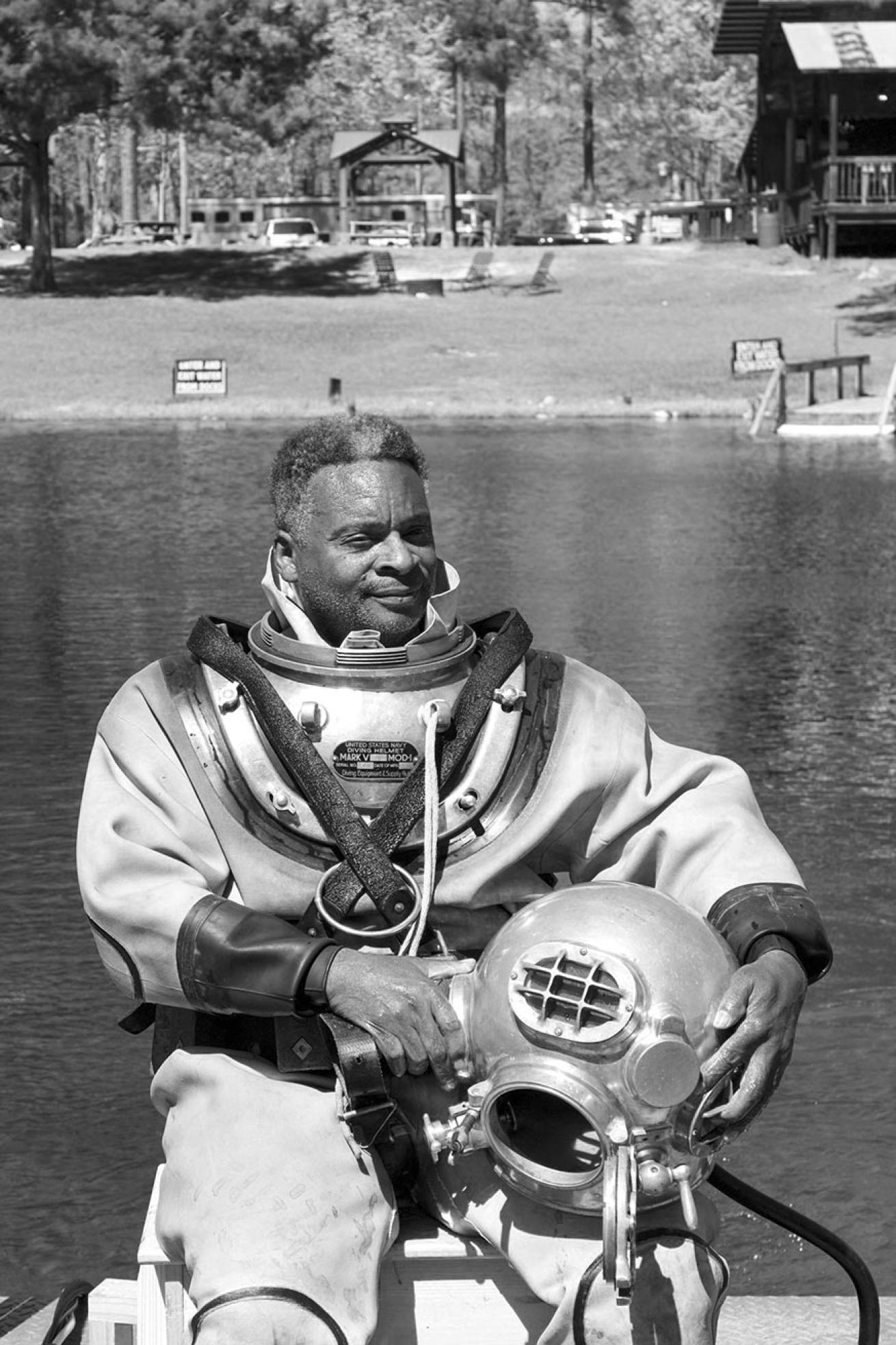
Courtesy Michael R. CuestaLes Burke awarded May 2025 Sea Hero.
Dive Certified: 1981
Dive Certification Level: PADI IDC Staff Instructor
Expertise: Hard Hat and Mixed Gas Diving
Website: jsisinc.org
Les Burke is a man who needs little introduction. The founder of the non-profit Jr Scientists in the Sea (JSIS) has dedicated his life to educating the youngest members of society about our most precious resource: our ocean.
After over three decades in the U.S. Navy, Burke retired and turned all his attention to exposing marginalized and underprivileged youth to aquatic stewardship, because “conservation begins at education."
This ocean education begins with scuba certification, followed by specialty courses and underwater research methods. Students then take their new skills into the field to participate in surveys, environmental restoration, marine archaeology, ROV exploration and more.
Q: For someone who isn’t familiar, what is Jr Scientists in the Sea (JSIS)?
A: JSIS’ mission is to engage our most precious resource [young people] to protect and care for our most endangered resource. We reach out to all youth, regardless of background. Our goal is to create aquatic stewards. That can only happen by getting young adventurers out onto the water. We get them to turn off the television and turn on real adventure.
Related Reading: Erika Lopez Named 2024 Sea Hero of the Year
Q: How did your passion for ocean conservation and exploration begin?
A: One-on-one conversation with Captain Jacques Cousteau in May of 1985. He recognized something about me that I didn’t see. Captain Cousteau saw a young minority man with an understanding of the oceans and what it took to exist with them and ultimately introduce others to their wonders. He made me promise to share my love of diving and the oceans—a promise that was lost on me for many years.
Q: What do you view as the greatest challenges in marine conservation today? How are these challenges reflected in your own work?
A: Getting people to understand that everything we pour down the drain or into a sewer system or aquifer ends up in the big body of water. The watershed works for good, but also for bad. We are destroying our ecosystems. There are things we can control, but we don’t. We have to get people to care. We have to educate them as to what they are doing every day and how it impacts the oceans, bays, rivers and streams. Conservation begins with education. Our youthful stewards are telling their friends and families what they are doing and why.
Related Reading: ConnectOcean CEO Ernst van der Poll Named November Sea Hero
Q: You were one of the first Black Navy divers to complete the Navy’s Deep Sea Salvage program. What was that time like for you in your diving career?
A: That time was trying. I had good friends as well as others who didn’t want me there. Carl Brashear’s advice to me was, “Never let them take your dream.” That drove me, but only in the beginning. The job did the rest. It was awesome. I got paid to do work underwater. My job was to find things that had been lost. Fix things that most people could not even see. Be places that the vast majority only dreamed about—or saw on television.
Each month in Scuba Diving, we feature a Sea Hero who has been nominated by their community members for their commitment to the advancement of conservation, education, and exploration. In our December issue, judges select a SeaHero of the Year. Nominate a sea hero at at scubadiving.com/seaheroes.

